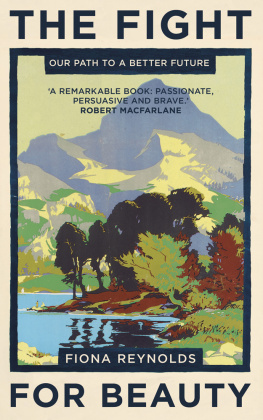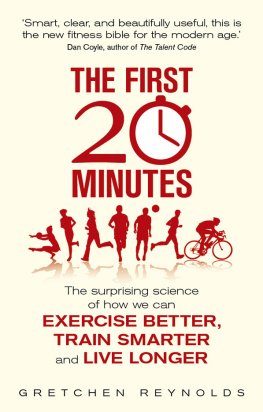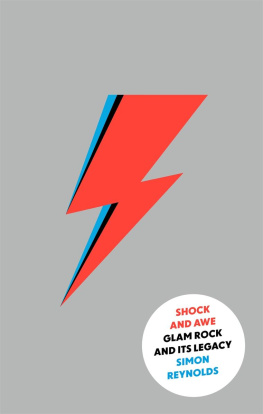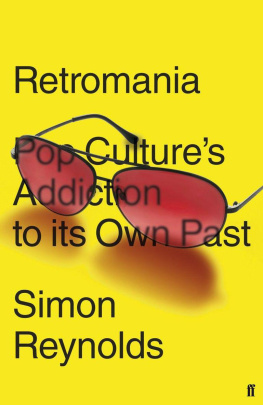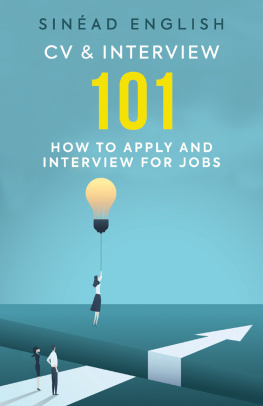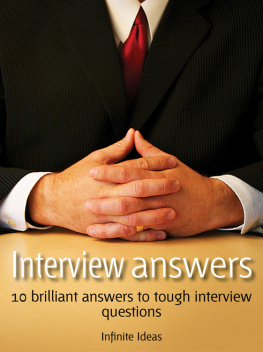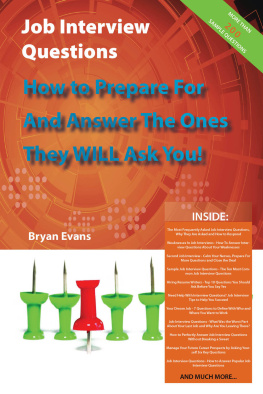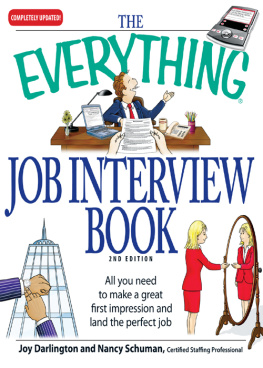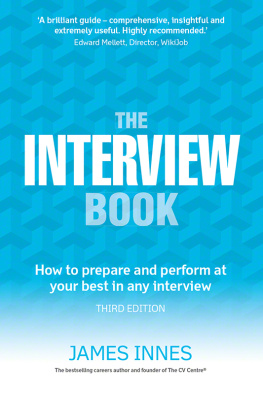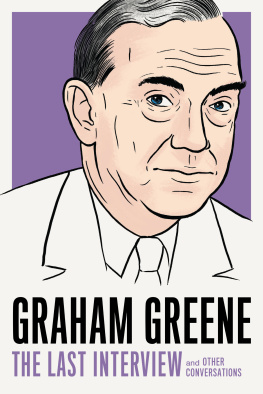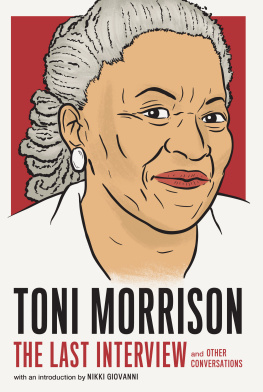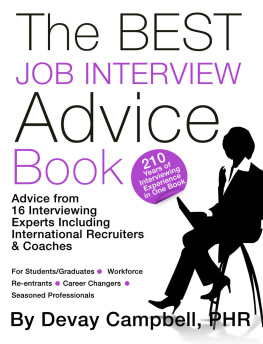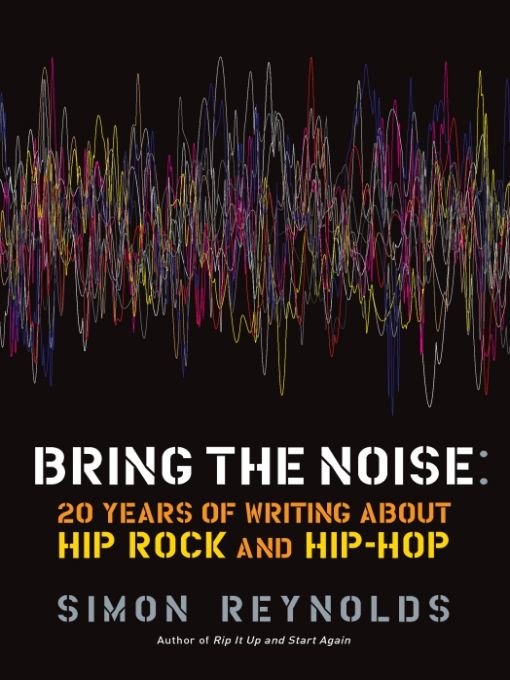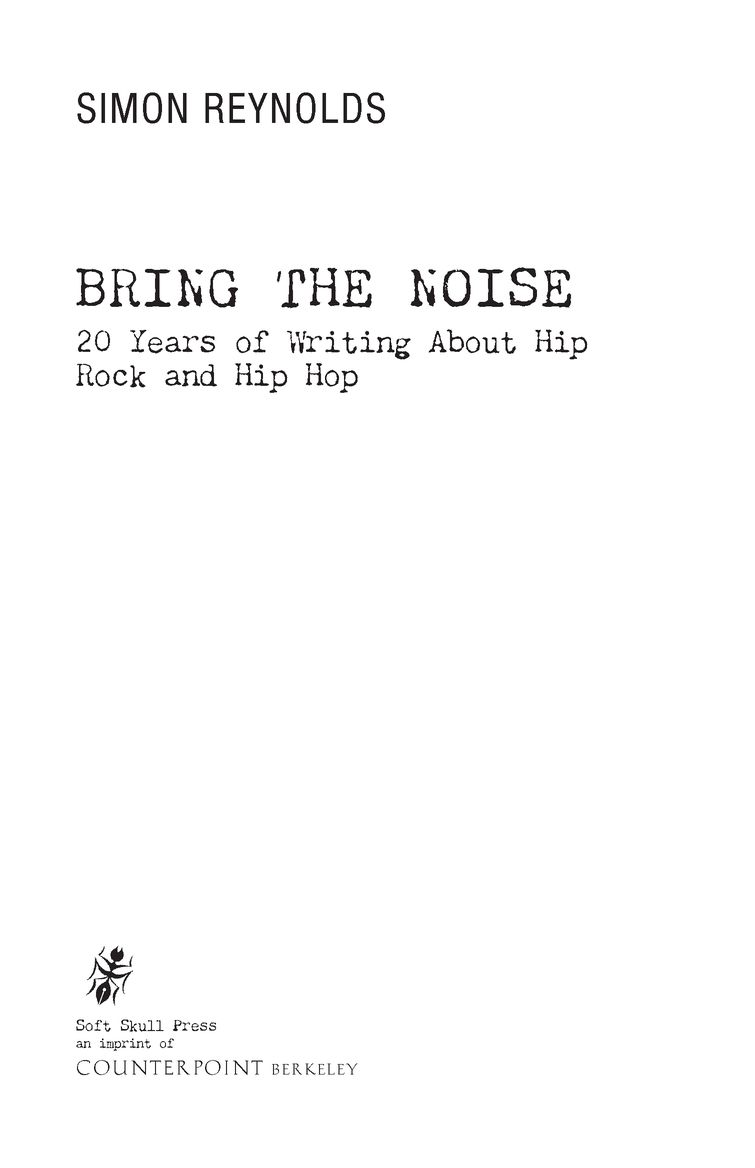Table of Contents
by the same author
Blissed Out: The Raptures of Rock
The Sex Revolts: Gender, Rebellion and Rock n Roll (with Joy Press)
Energy Flash: A Journey Through Rave Music and Dance Culture
Rip It Up And Start Again: Post-punk 1974 84
To my girls, Joy and Tasmin
INTRODUCTION
Trying to pull together a representative collection out of twenty years writing and several million words was a huge challenge. So I did something else. Bring the Noise doesnt corral all of my favourite pieces of writing, or cover all my favourite artists; many personal touchstones, among them Aphex Twin, Royal Trux, Saint Etienne, World of Twist, Position Normal and A.R. Kane slipped the net. Instead Ive woven a kind of history of the last twenty years in popular music. Bring the Noise picks up where Rip it Up and Start Again left off, which happened to be more or less when I started writing for a living (the last months of 1985). Sifting through two decades of interviews, reviews, features and essays, Ive traced a thread involving the interplay between white music and black music specifically, the alternately fraught and fertile relationship between hip rock and hip hop. Bring the Noise presents the competing claims of black street music and the white underground to be both the cutting edge of innovation and a voice of resistance. And it tracks the way that periods of cross-town traffic and musical miscegenation have alternated with periods where rock and rap have seemingly chosen to go separate ways.
Many of those who came of age in the period covered by Bring the Noise have felt an equally powerful attraction to alternative rock and to hip hop. Thats how I felt in 1986 as a music journalist just embarking on my career: unable and unwilling to choose between The Smiths and Public Enemy, Husker Du and LL Cool J. You dont have to choose, of course, and its striking how so many people have grown up with a sense of double allegiance (even triple, with the arrival of rave and the nineties electronic dance culture) as the natural state of things. But its equally remarkable how many people did pick sides (and still do). Some white fans invested all their belief and passion in hip hop, seeing it as the vanguard, the sole bastion of culturally dissident energy and as a result have had to grapple with all the complex issues related to being a white acolyte of a music still largely made by and for black kids. Others, whether through simple sonic inclination or a subconscious desire to avoid the contradictions of being a wigga, stuck with indie-rock, regarding its distorted guitars and alternately angst-racked and ironic lyrics as the true expression of the modern bohemian impulse.
From its title on down, Bring the Noise is unabashedly rockist, enthralled by notions of subversion and underground, dissent and disruption. But isnt it blindingly obvious that rap is riddled right through to its hard-as-hell core with the same values? Without ideals of authenticity, realness, integrity, street credibility, the genre would barely exist; likewise, metaphors of music as war/crusade/cause/movement pretty much underwrite the entire hip hop project. Yet Bring the Noise is also a book about pop, in a particular sense true, the artists covered dont often sound poppy, but their music is both popular and, more often than not, populist. The focus is on bands that mattered to me but also meant something to multitudes of people out there in the real world, and who moreover wanted to have that kind of mass impact, who felt the pull of ambition and the drive of will-to-power. Nothing against esoteric and hermetic sounds (our home is crammed to the rafters with that kind of thing), but the music that consistently excites me most as a writer as well as a listener is the stuff that reverberates beyond the purely sonic.
Bring the Noise is about pop in a very particular sense music thats entered the pop arena from outside. Im hooked on that moment of splintery impact when something unpop ram-raids its way into the charts. It could be that the kind of formative experiences that were common to my generation being ambushed by an unfamiliar sound via Top of the Pops (now deceased, of course) or Radio 1 are becoming scarcer in our data-saturated environment of pop ubiquity and hyper-knowingness. Still, for me these have always been the most exciting moments, those breakthroughs when the underground goes overground... The Smiths on Top of the Pops doing This Charming Man, the surprise of hearing a Fall song on daytime radio, Nirvanas Smells Like Teen Spirit going into monster-heavy rotation on MTV or, most recently More Fire Crew bringing grime into ten million living rooms with the rowdy jabber and battering beats of their Top 10 hit Oi!...
This obsession with the aesthetic ambush is why Bring the Noise actually has nothing to do with the noise genre: all those overlapping sub-styles of squall and atonal abstraction that come out of industrial music, free jazz, musique concrete and sound art. The concept of noise has made a big comeback in recent years, and the abstract sound dronologists and improv guys are fine by me, actually. No, the irritating end of it is all those artists aiming for ye olde shock effect, their pure noise laden with content of tediously transgressive nature (all the old clichd faves of vileness and violation: serial murder, neo-Nazis, yawn, zzzzzz...). The blindingly obvious fact is that no one shockable is within earshot; theres no real disruption or challenge in these scenes, because theyre screeching to the converted. Noise is all about context, so when I say the groups in this book bring the noise Im talking more about a noise-effect music that disturbs the peace of pop, shakes its status quo than about distortion or atonality.
The noise-effect often occurs in the absence of noise in the earsare-wounds sense: the cultural noise of Morrisseys fey flamboyance and gauche misery; the idiot-shaman Shaun Ryders drug-damaged drivel; Snoop Doggs serpentile nonchalance and murderous panache. That said, a lot of the music in Bring the Noise is fairly noisy in the commonly understood sense of the word: Husker Dus blasting blizzards of open-tuned guitar; the bass-booming, metal-riffing, scratchedto-fuck rap of the mid-eighties; nineties hardcore techno with its blaring mid-frequencies and hard-angled stabs; Nirvanas loud quiet dynamics and grungy guitar tone; the alien vocal grain and rude slanguage of dancehall MCs; the disjointed, clunky beats and gruff bombast of crunk and grime. All were typically greeted upon their arrival with protests of thats not music, thats noise!. These popular but unpop sounds have echoed the trajectory of twentieth-century avant-garde classical music, which advanced through incorporating non-musical sounds, aestheticizing mistakes, deploying randomness, and asserting the percussive and textural over the melodic and harmonic. Whenever I hear complaints that a new sound is soulless, unemotional, dark, empty, inhuman or just not music, my ears prick up. These spasms of disgust and horror, and the pining for a lost warmth or funk that generally accompany them, are often early signals that the New Thing has emerged.
As much as this serial reinvention of noise resembles the avant-garde, its also totally rock in spirit. The original rock n roll, its worth remembering, was an invader, bruising its way into the mid-fifties charts of sickly sedative pop. Thats not music, thats noise was how many greeted rock n roll, aghast at its loudness and vulgarity, its rawthroated screaming and hysterical delirium of non-sense (Little Richards Awopbopaloobop), and above all the stridently percussive insistence of a sound that to many seemed to be all beat and no melody. Jungle music, they called it, recoiling in loathing and fear; as it happens, my absolute favourite music of the nineties named itself jungle and initially provoked similar revulsion from the guardians of taste and musicality.




